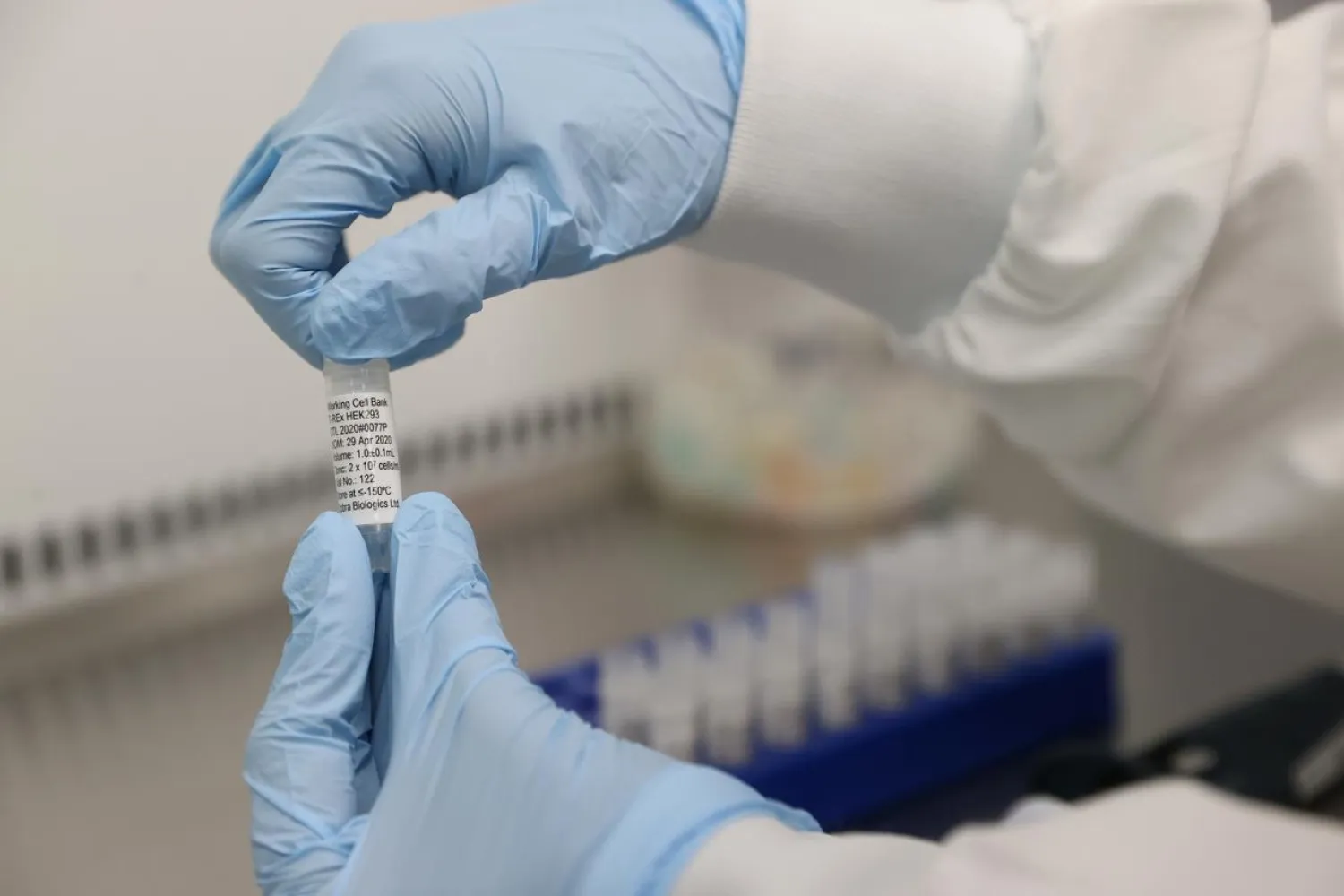A cheap and widely-used steroid called dexamethasone has become the first drug shown to be able to save lives among COVID-19 patients in what scientists said is a “major breakthrough” in the coronavirus pandemic.
Trial results announced on Tuesday showed dexamethasone, which is used to reduce inflammation in other diseases such as arthritis, reduced death rates by around a third among the most severely ill of COVID-19 patients admitted to hospital.
The preliminary results suggest the drug should immediately become standard care in patients with severe cases of the pandemic disease, said the researchers who led the trials.
The researchers said they would work to publish the full details of the trial as soon as possible, with some scientists saying they wished to review the evidence for themselves.
Britain’s health ministry wasted no time in acting on the findings, saying the drug had been approved for use in the state-run health service, export restrictions had been introduced and Britain had stockpiled 200,000 courses of the treatment.
“This is a (trial) result that shows that if patients who have COVID-19 and are on ventilators or are on oxygen are given dexamethasone, it will save lives, and it will do so at a remarkably low cost,” said Martin Landray, an Oxford University professor co-leading the trial, known as the RECOVERY trial.
“It’s going to be very hard for any drug really to replace this, given that for less than 50 pounds ($63), you can treat eight patients and save a life,” he said in an online briefing.
His co-lead investigator, Peter Horby, said dexamethasone was “the only drug that’s so far shown to reduce mortality - and it reduces it significantly.”
“It is a major breakthrough,” he said. “Dexamethasone is inexpensive, on the shelf, and can be used immediately to save lives worldwide.”
There are currently no approved treatments or vaccines for COVID-19, the disease caused by the new coronavirus which has killed more than 431,000 people globally.
Save lives around the world
England’s chief medical officer, Chris Whitty, said Tuesday’s announcement was “the most important trial result for COVID-19 so far”, adding: “It will save lives around the world”.
His deputy, Jonathan Van-Tam, said the data had not yet been peer-reviewed but the results highlighted the importance of properly conducted clinical trials and robust data.
The RECOVERY trial compared outcomes of around 2,100 patients who were randomly assigned to get the steroid, with those of around 4,300 patients who did not get it.
“We hope the data on which these results are based will be published as soon as possible so that doctors can confidently put the treatment into practice,” said Robin Ferner, Honorary Professor of Clinical Pharmacology at University of Birmingham.
The results suggest one death would be prevented by treatment with dexamethasone in every eight ventilated COVID-19 patients, Landray said, and one death would be prevented in every 25 COVID-19 patients that received the drug and were on oxygen.
Among patients with COVID-19 who did not require respiratory support, there was no benefit from treatment with dexamethasone.
“The survival benefit is clear and large in those patients who are sick enough to require oxygen treatment, so dexamethasone should now become standard of care in these patients,” Horby said.
The RECOVERY trial was launched in April as a randomized clinical trial to test a range of potential treatments for COVID-19, including low-dose dexamethasone and the malaria drug hydroxychloroquine.
The hydroxychloroquine arm was halted this month after Horby and Landray said results showed it was “useless” at treating COVID-19 patients.









